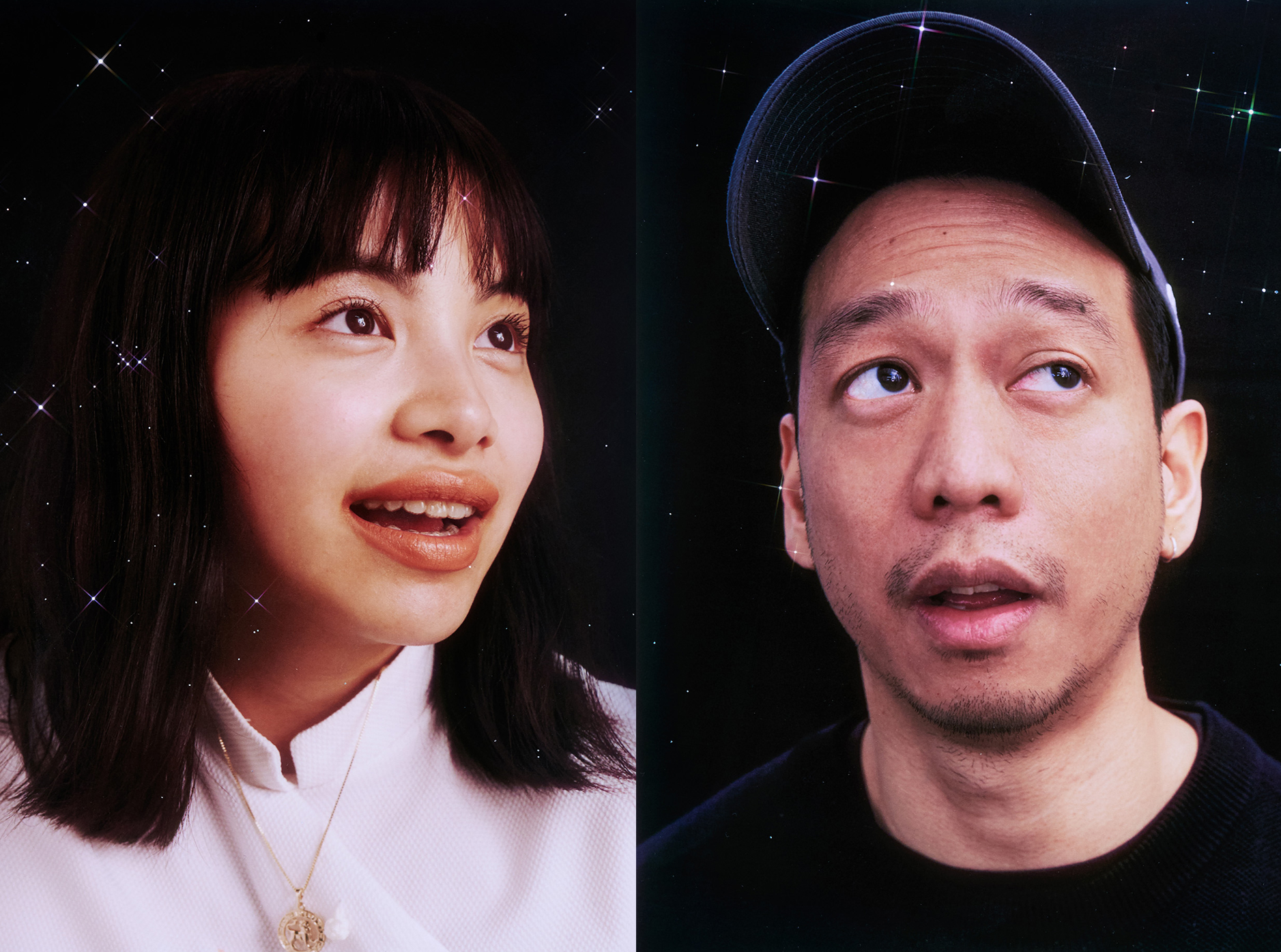Our original intention for this story was to draw attention to the lack of Asian-Australian representation both on screen and behind the camera in Australia. According to the last census, almost 17 percent of the population is of Asian descent but in no way is this reflected in what we see at the movies or on TV. As an Asian-Australian working in the entertainment industry myself though, I know just how much great talent is out there and that thanks to these hard-working first, second and third generation minds, things really seem to be changing. Against the backdrop of the release of Crazy Rich Asians—a film showing Hollywood in no uncertain terms that Asians are bankable—and the forthcoming filming of the largest-ever Chinese co-production, The Whistleblower in Australia, it seems like the foundations are being laid for more genuinely diverse storytelling.
A new generation is realising their worth and demanding the recognition they deserve. In a special two part series we’re shining a light on creatives from various parts of Asia and at various stages of their careers, who continue to follow their dream and make work that adds to the richness of our culture.
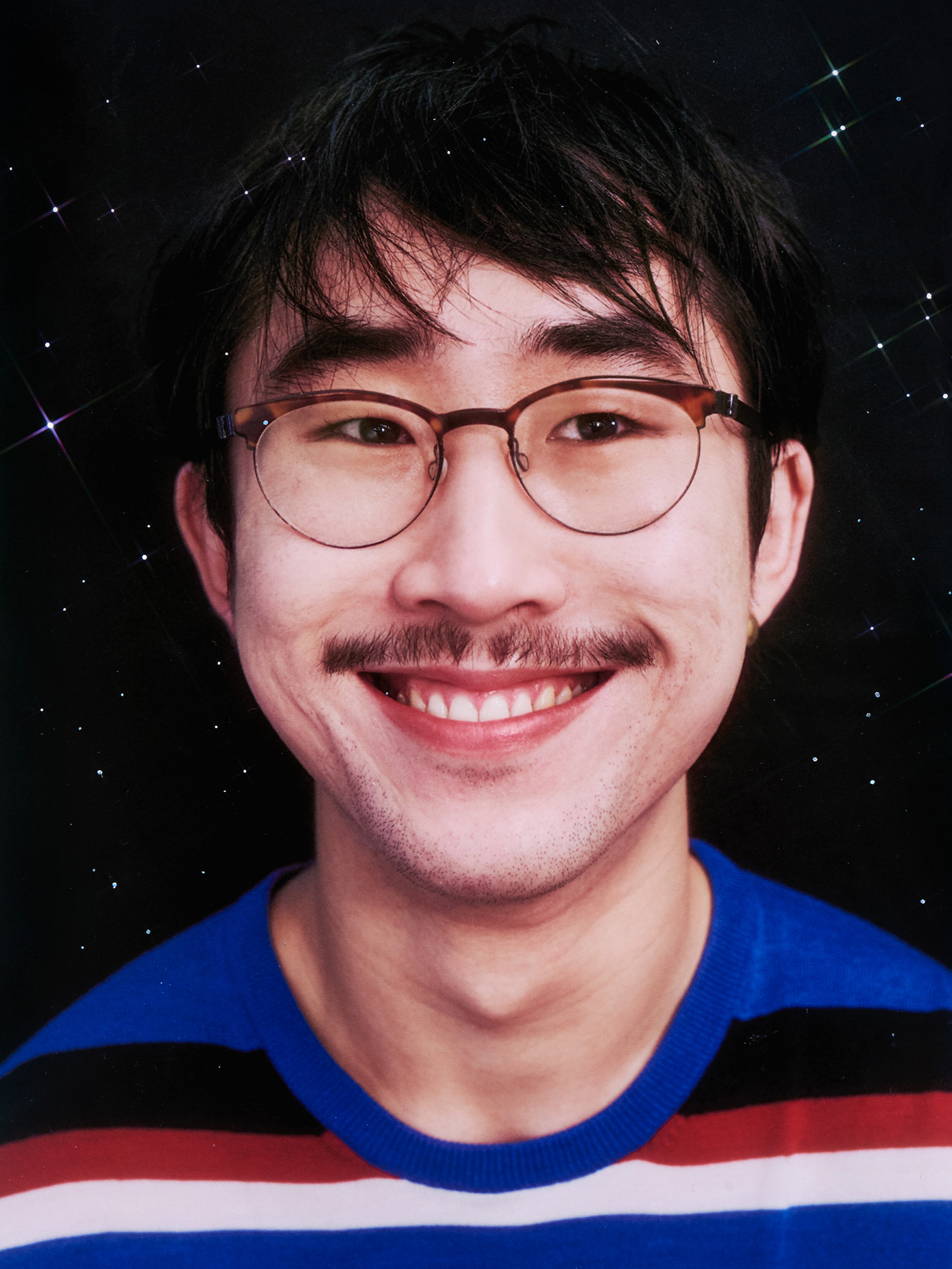
William Zhe Duan · 段喆威, producer, writer and director
“My experience is and was complicated. Being first generation Chinese-Australian, being a minority and being queer Chinese-Australian, yes, I face discrimination, and yes, this has greatly influenced not just my work but my very person.”
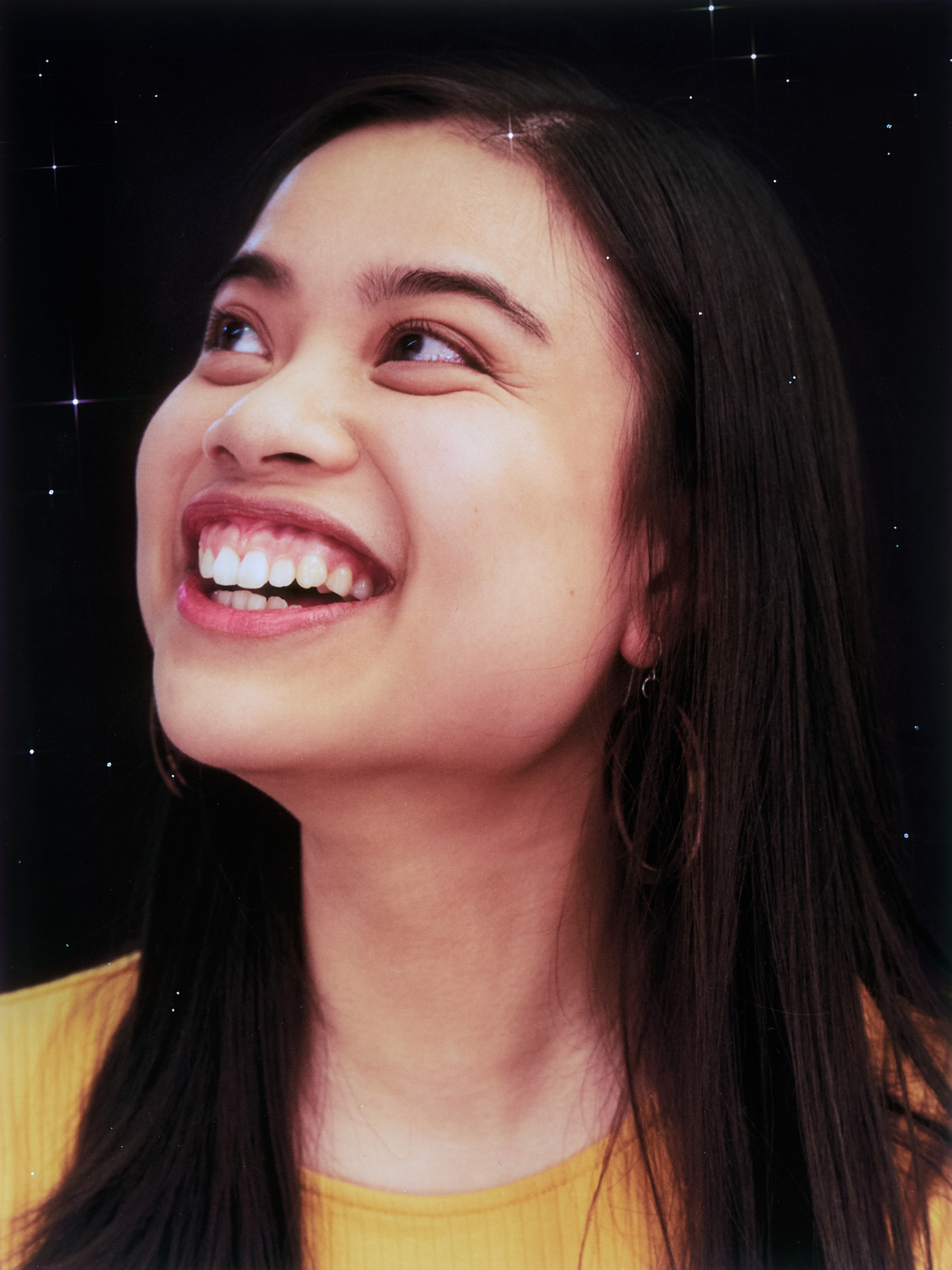
Edeva Miasis, aspiring screenwriter and director
“I think it’s important for us to tell our stories as Asian-Australians because representation is so important especially living in Australia. Growing up in such a multicultural country but then only seeing Caucasian faces on television like Neighbours or Home and Away, I realised how underrepresented we are. I think it’s definitely our time to shine and share our stories with the rest of Australia.”
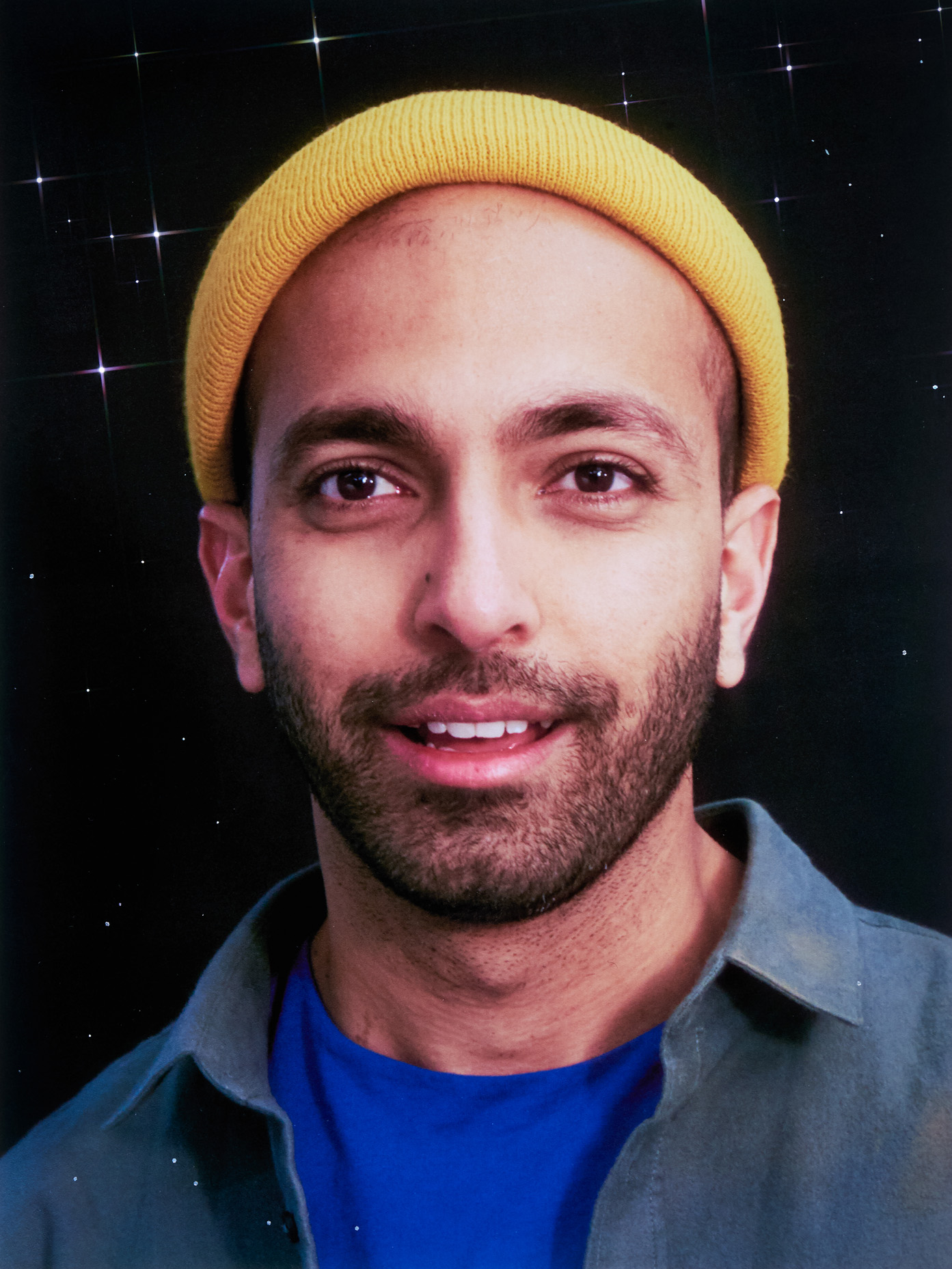
Anoop Lokkur, filmmaker
“After twelve years in Melbourne, I have been lucky enough to not have any traumatising racist experience. However, I have faced bouts of casual racism, which I would shrug off as a joke or naivety. I try to highlight it whether it be through conversations or the films I want to make.”
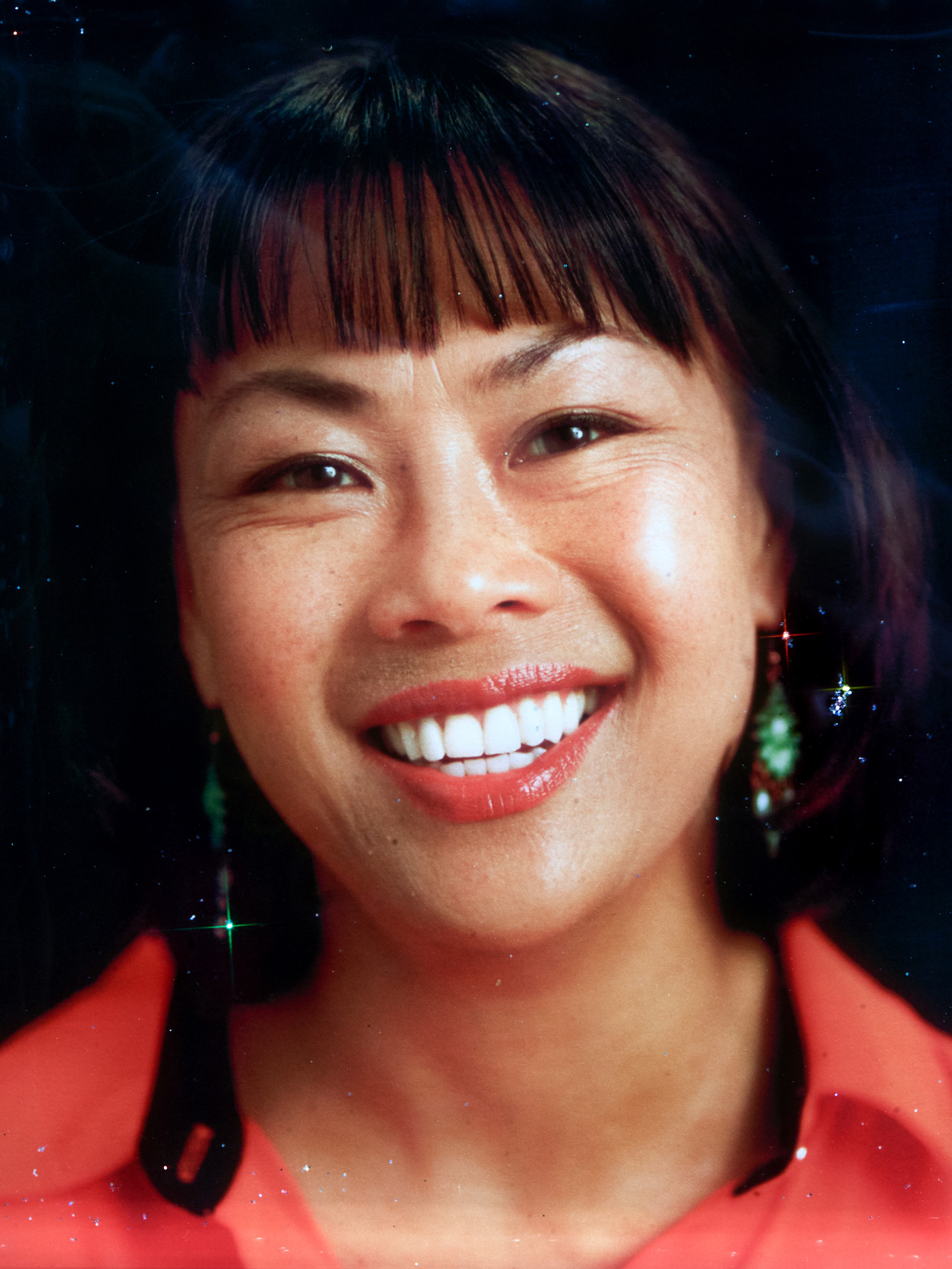
Fiona Choi, actor, singer and cabaret performer
“The biggest challenge as an Asian actor has been getting people to see that there can be more layers to a female character than the typical stereotype of sexy dominatrix, nerdy computer geek, brilliant but cold doctor or unyielding tiger mum.”
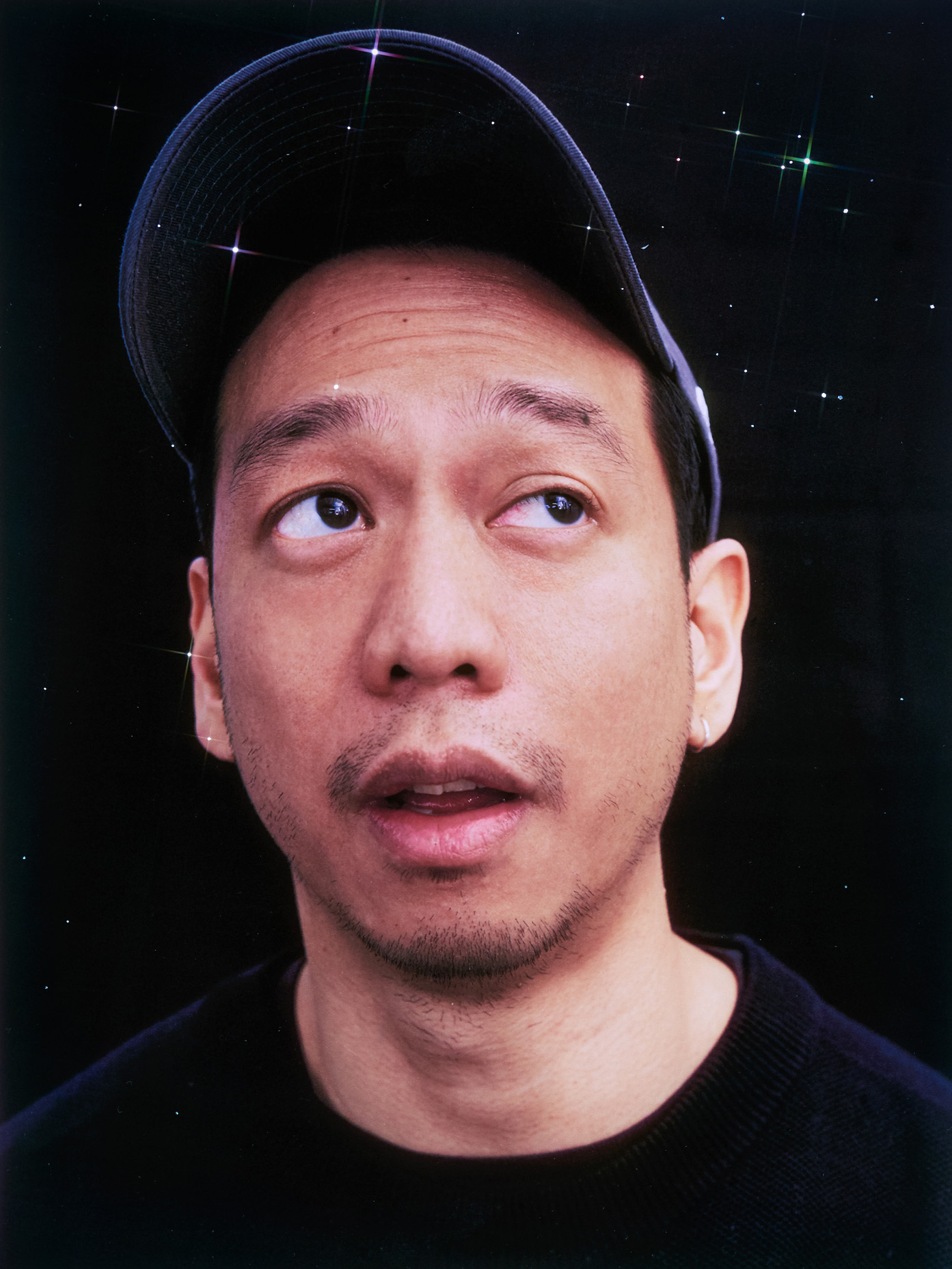
An Tuong Nguyen, director
“Yes, I feel a sense of responsibility to tell Asian-Australian stories. Validating people’s lived experiences is something I feel is crucial. I am at a stage in my career and life, where I want to apply all the skills that I have picked up from being an artist and a commercial filmmaker, to make something that reflects on being a first-generation Asian-Australian.”
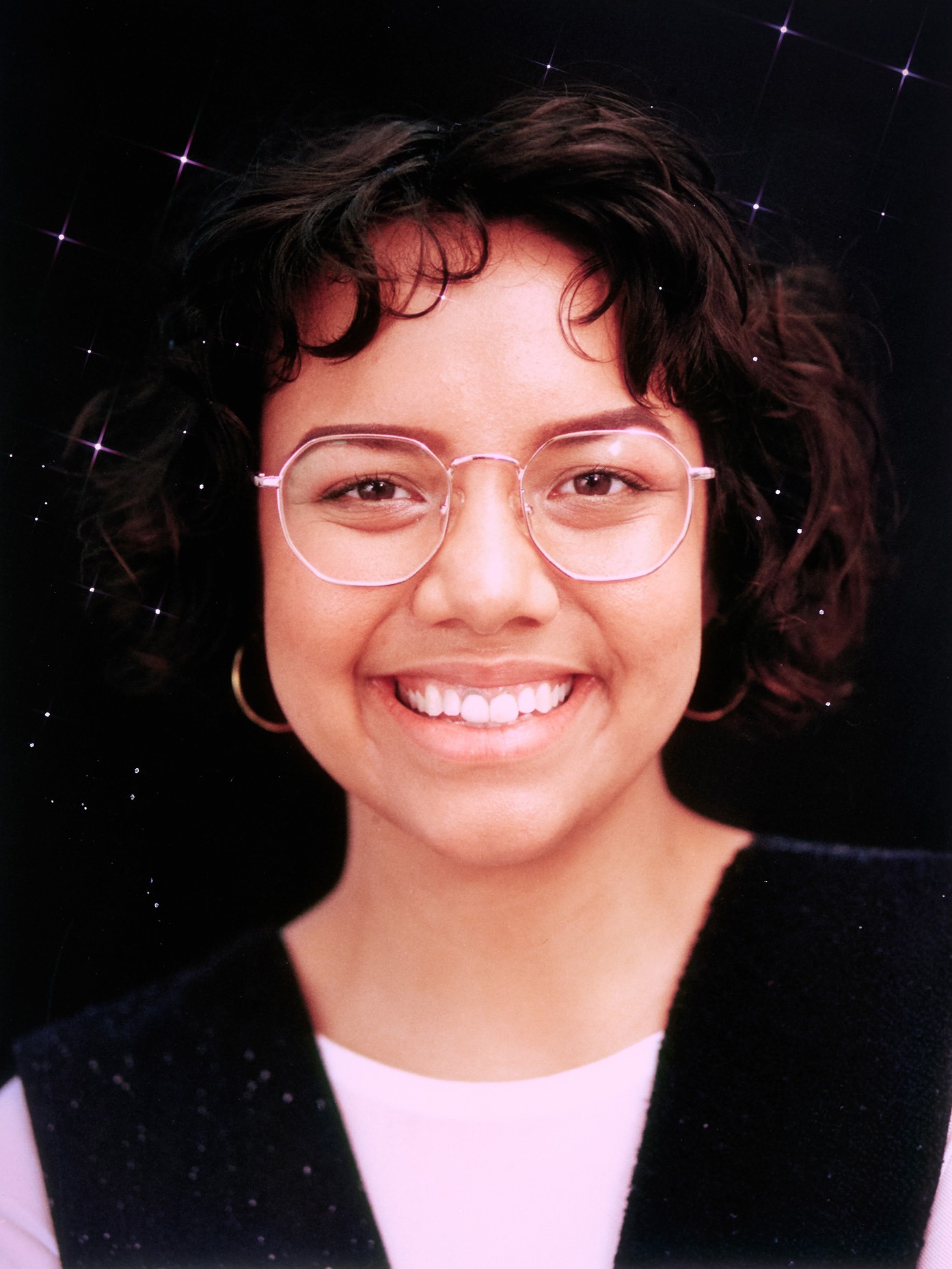
Ranima Montes, writer and director
“I’m not sure how I feel about Crazy Rich Asians. It’s great to see the first full cast of East Asians in a Western film since Joy Luck Club, but the film conveniently skims over issues of colourism and classism in Singapore. That said, I think it’s important that PoC can continue making all sorts of films, even if they are mediocre. Asian representation in Western film isn’t all that’s happening for us right now. There has long been amazing work coming from Asian cinema and I really encourage everyone to expand their knowledge of Asian film directors because we make good film!”
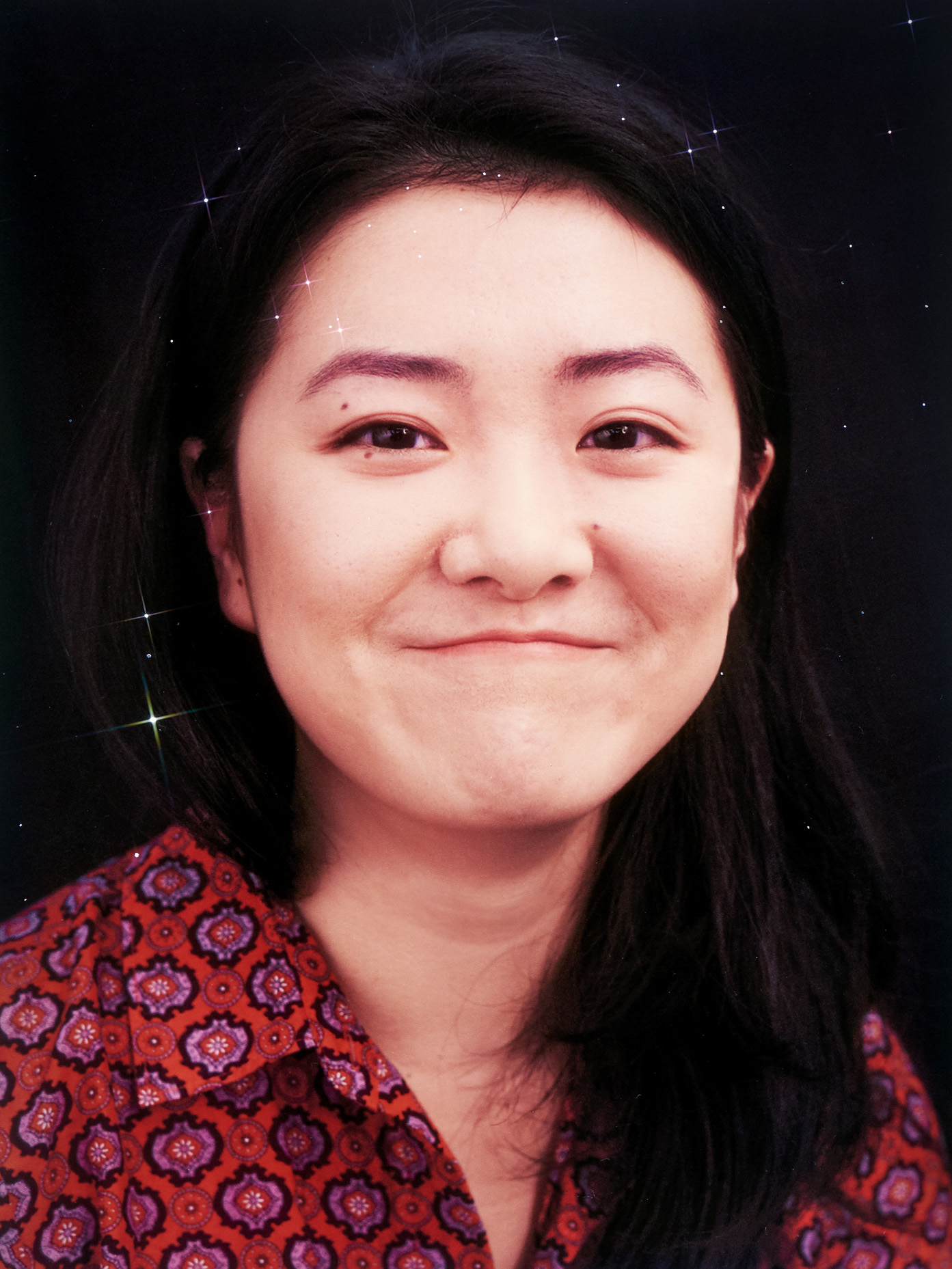
Shirong Wu, actor and writer
“I had an awkward duckling phase where I didn’t know how I fit into the whole social sphere but there were lots of other equally lost Asians who I met. We flailed about together and laughed at each other. That’s community. What influenced my work as an artist was the internalised racism that made me feel ashamed of my Asianness: my looks, my voice, my sensibilities. Growing up I learned these things are actually my greatest strengths.”
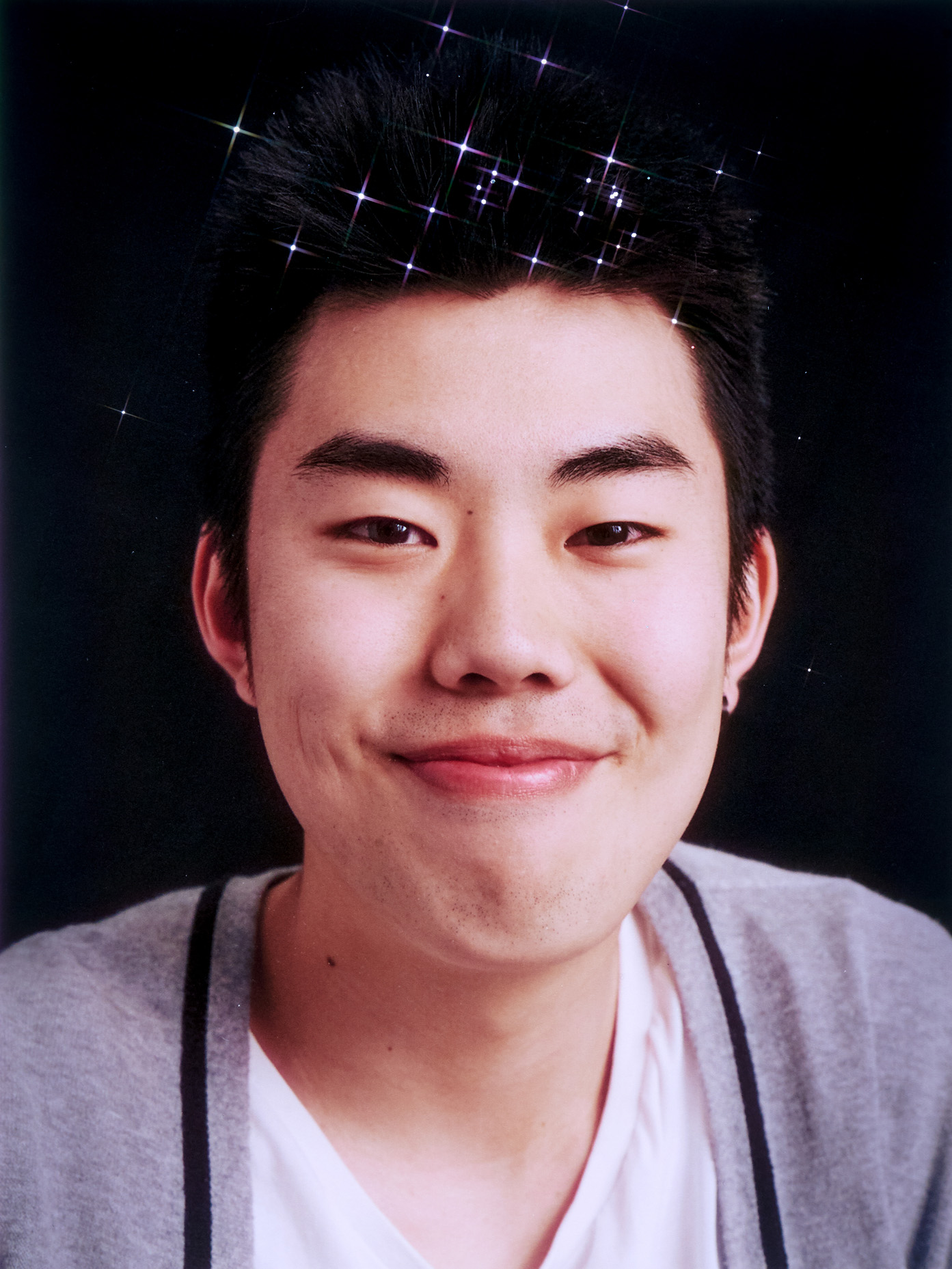
Takumi Kawakami, aspiring writer and director
“My goal is to make films that feature Asians in the lead roles, simply living in Australia, like anybody else. I do not want to focus on Asian-specific struggles.”
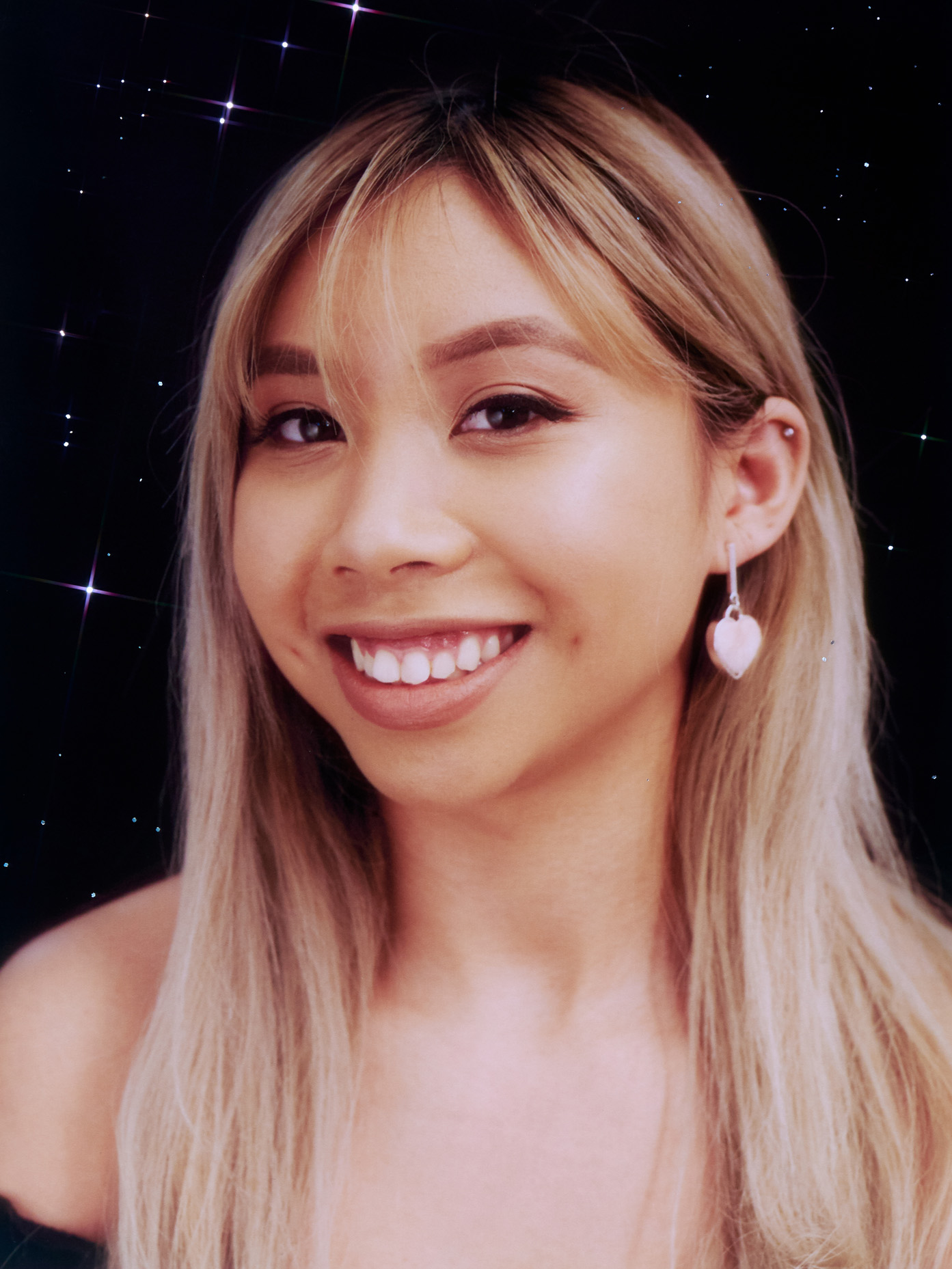
Mischa Wang, cinematographer
“As a cinematographer I choose stories in which I believe I can see a great vision that I can make happen, rather than feel forced to tell Asian-Australian stories. In some cases I’ve been the only person of colour crew member on set. I would love to see that change.”
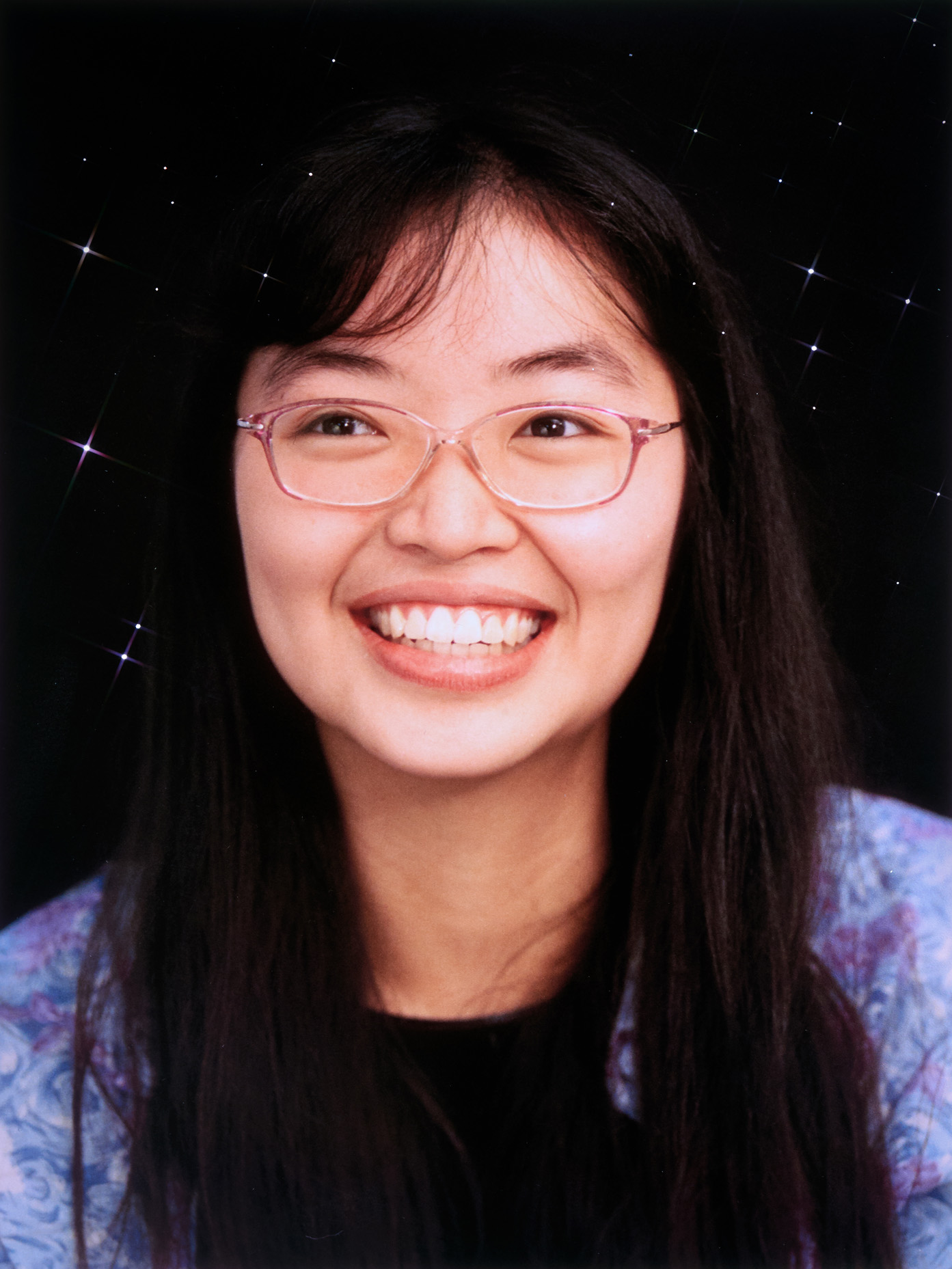
Lin Yuan Goh, filmmaker
“I would try to suppress my difference as much as I could. This distancing from a part of my identity has greatly influenced my work, I guess you could say the rediscovery of my own Asian heritage and the traditions and cultures attached defines most of my work at the moment, as though film making has become that yearning to fill a missing part of myself growing up Asian in Australia.”
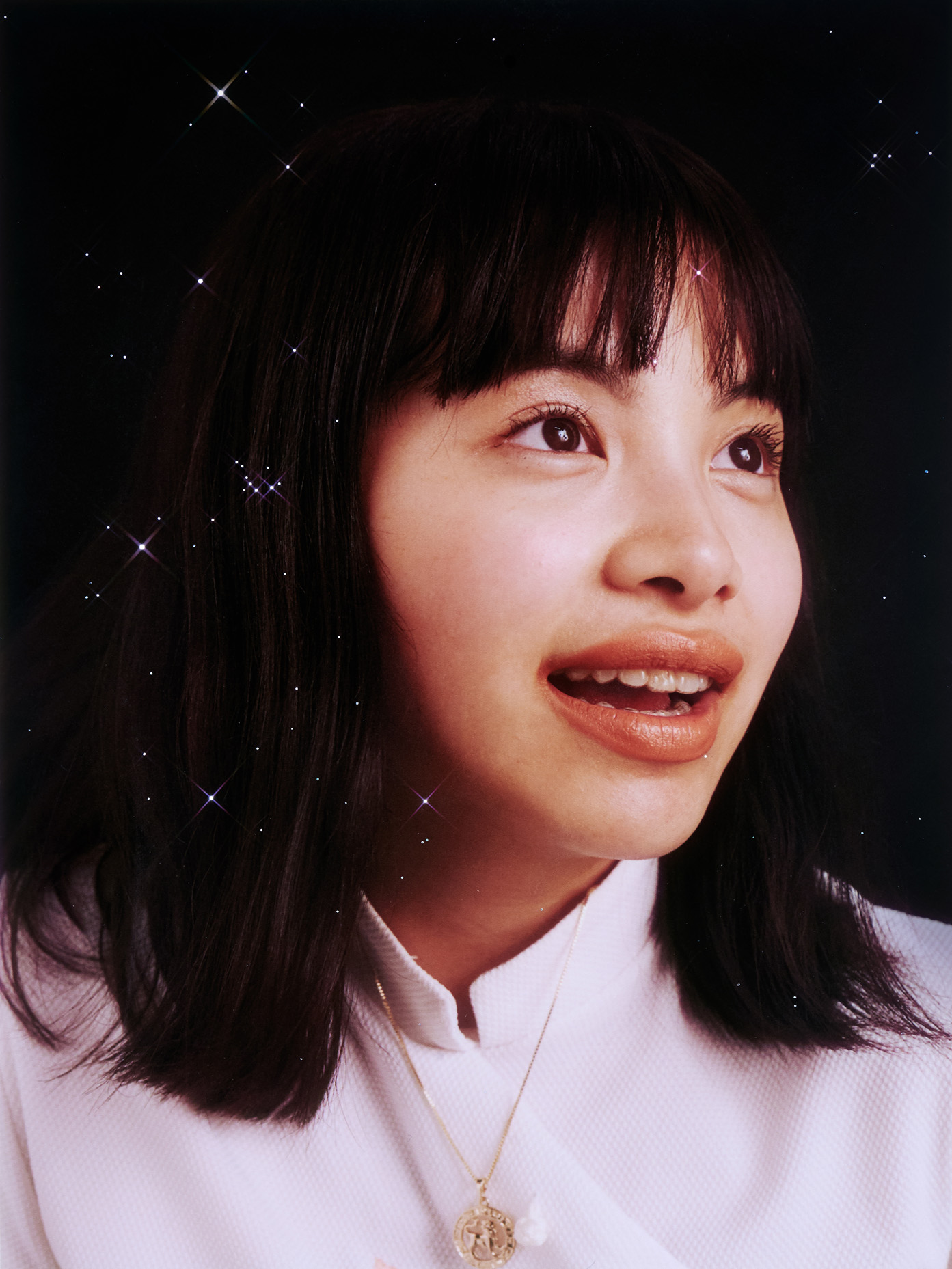
Nguyen Tran Huyen Dieu (but my stage name is Jillian), actor
“I just worked on the True History of the Kelly Gang, based on the book by Peter Carey and starring Russell Crowe. It’s directed by Justin Kurzel who made Snowtown and Macbeth. I feel very grateful to have been part of this. I play a young girl called Molly Kane. It’s due for a worldwide release in 2019 and it’s going to be sick. I’m currently developing a web series with two friends set in an Asian universe. It will be loosely based on our own lives and the hilarious struggles we face being Asian-Australian. I’m also going to be in two films with my Vietnamese comrade and filmmaker, Anton Nguyen.”
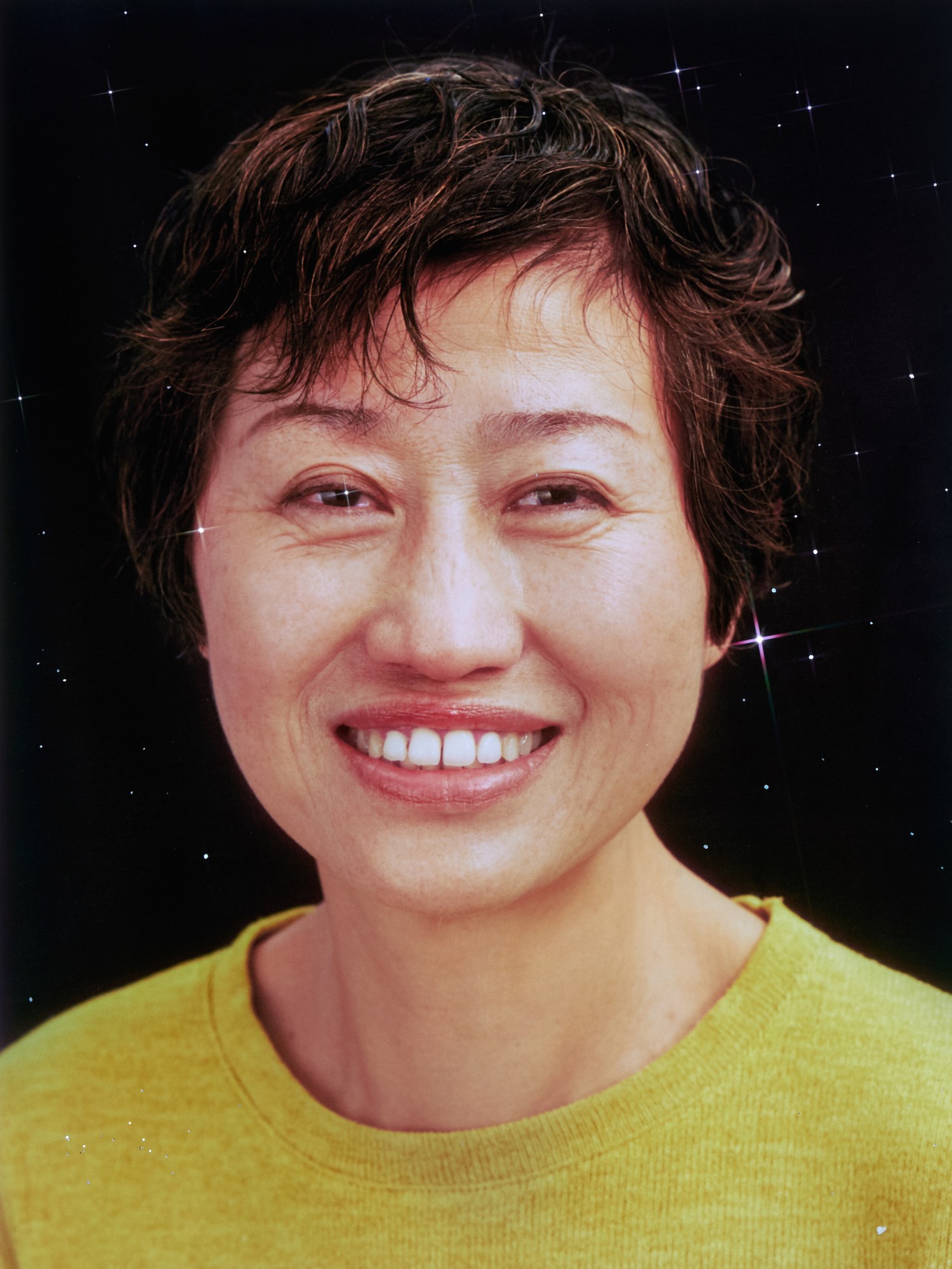
Julia Zhang, actress, video cinematographer, producer, video editor and photographer
“In an ideal world I want the Australian-Asian community to see Australia as our home. Asian restaurants shouldn’t be the only seeable contribution from us to this country. We have also the obligation to make the Australian film, television and theatre industry more flourishing.”

Matthew Victor Pastor, writer, director, cinematographer and actor
“I was an only child with a crazy imagination. I grew up in Noble Park and experienced much more racism later in life, or maybe I’ve just become more aware of it, I’m not sure. As a result, my characters are all deeply damaged by their environment. I love telling Asian Australian stories and always have done. As a 14-year-old, my friends and I made Jackie Chan rip off films and I’m stull making movies with my friends. In regards to improving the industry, it would be good to see more micro-budget support, especially in diverse communities that would benefit from more feature and short films being made. I have everyday battles to overcome, which is ok because I have a reason to live and a reason to fight. I am a proud filmmaker. Saying that out loud gives me the courage to keep going.”
